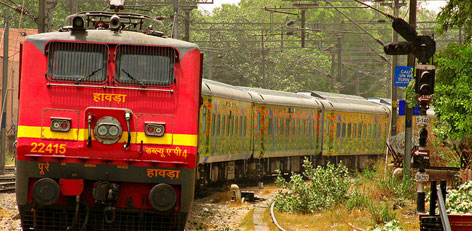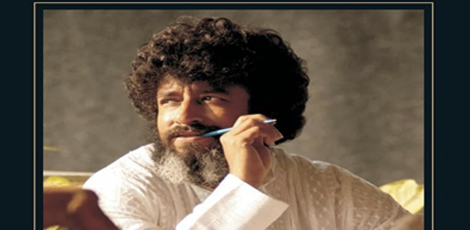
As many as 640 e-buses to be bought by TN
Posted on: 24/Dec/2019 9:50:27 AM

Electric buses or e-buses are superb because they are powered by batteries and they do not cause pollution. In addition to these, e-buses also offer advantages like quiet operation and better acceleration, etc.
It is now revealed that TN is working out the cost involved in buying as many as 640 electric buses and also in setting up of 260 charging points. Tenders have been floated in this regard and tenders would be closed in a week of time.
For the direct supply of e-buses under the central government�s FAME-2 (Faster Adoption and Manufacturing of Electric Vehicles), PTCS or Pallavan Transport Consultancy Services that operate under the transport department has invited bids.
The bids floated by IRT or Institute for Road Transport brought out how procurement of FAME-2 would be made under GCC or gross cost contract mode. It must be taken into account that the new tenders floated by PTCS for the same scheme do not mention this. The private owners would own and maintain the buses and charging stations would be set up at the depots. This was in the GCC mode and as per this model, the buses would not be operated by the state transport corporation drivers. This was opposed by the transport union workers is known.
The gross cost code model was chosen because it would not put the government at risk in the scheme that involves huge money. This was later mentioned by an official belonging to the transport department. Emerging technology from private suppliers could be learned. High prices were quoted by private suppliers. It must be noted that these suppliers were the ones who have applied for IRT�s previous bids. The official concluded that it would force TN to spend more than the budget.
Important point to be noted is the centre is expected to provide a subsidy of Rs 50 lakh to Rs 55 lakhs for each e-bus and the cost of these electric buses range between Rs 1.5 crores and Rs 2 crores. The remaining amount would be spent by the state from the annual budget. This has been cited as the reason for fresh tenders floated by PTCS for procuring e-buses under the same scheme. It is said that this would give the government an idea about actual cost and about which the bidders submitted overpriced bids before. The cost would be worked out and e-buses would be procured under the GCC model and this would be after considering new proposals.
In the state of TN, soon there would be 2 different electric bus models on the roads. It is worthy to note that the first model would be 9 m long and with a seating capacity of 32. The second model is 12 m in length and it would accommodate up to 40 passengers.







